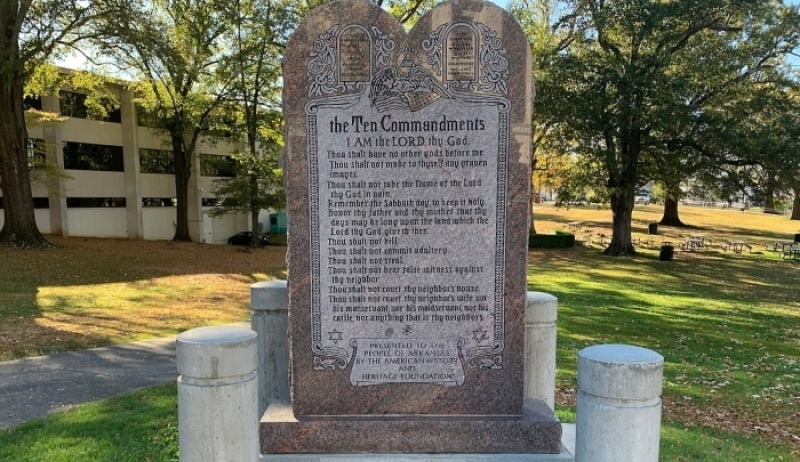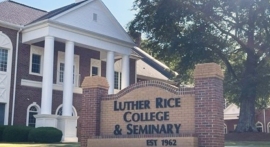
A federal judge has temporarily blocked a recently passed Louisiana law requiring public schools to display the Ten Commandments in their classrooms.
U.S. District Judge John W. deGravelles issued a detailed ruling on Tuesday regarding the case of Darcy Roake et al. v. Cade Brumley et al.
The law in question, Louisiana's House Bill 71, was signed into law in June and aimed to mandate the display of the Decalogue along with other historical documents in public school classrooms. The law was scheduled to take effect on New Year's Day.
In his ruling, deGravelles stated, "Plaintiffs have established a viable Free Exercise claim." He pointed out that "H.B. 71 is not neutral toward religion, and this is evident from the text of the statute, its effects, and the statements of lawmakers before and after the Act's passage."
The judge also addressed the defendants' assertion that the Ten Commandments are historically integral to public education in the United States.
He noted, "In sum, the historical evidence showed that the instances of using the Ten Commandments in public schools were too 'scattered' to amount to 'convincing evidence that it was common' at the time of the Founding or incorporation of the First Amendment to utilize the Decalogue in public-school education," further indicating that the practice does not align with a broader historical tradition during those time periods.
Signed into law by Louisiana Governor Jeff Landry, HB 71 requires public school classrooms to display "certain historical documents," including the Ten Commandments, the Mayflower Compact, the Declaration of Independence, and the Northwest Ordinance.
The legislation states, “Recognizing the historical role of the Ten Commandments accords with our nation's history and faithfully reflects the understanding of the founders of our nation with respect to the necessity of civic morality to a functional self-government.”
Shortly after the bill was signed, the ACLU, the Freedom From Religion Foundation, and Americans United for Separation of Church and State filed a lawsuit against the law on behalf of an interfaith group of parents. The complaint read, “For nearly half a century, it has been well settled that the First Amendment forbids public schools from posting the Ten Commandments in this manner.”
Louisiana Attorney General Liz Murrill championed the new law on social media in June, expressing her commitment to defending the legislation in court. She stated, “The 10 Commandments are pretty simple (don't kill, steal, cheat on your wife), but they also are important to our country's foundations.”
Additionally, she noted, “Moses, who you may recall brought the 10 Commandments down from Mount Sinai, appears eight times in carvings that ring the United States Supreme Court Great Hall ceiling. I look forward to defending the law.”
This legal challenge follows a precedent set in 1980 when the U.S. Supreme Court issued a 5-4 ruling in Stone v. Graham, stating that Kentucky could not mandate that public schools display the Ten Commandments, as it violated the Establishment Clause of the First Amendment.
















